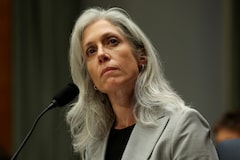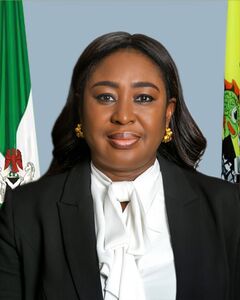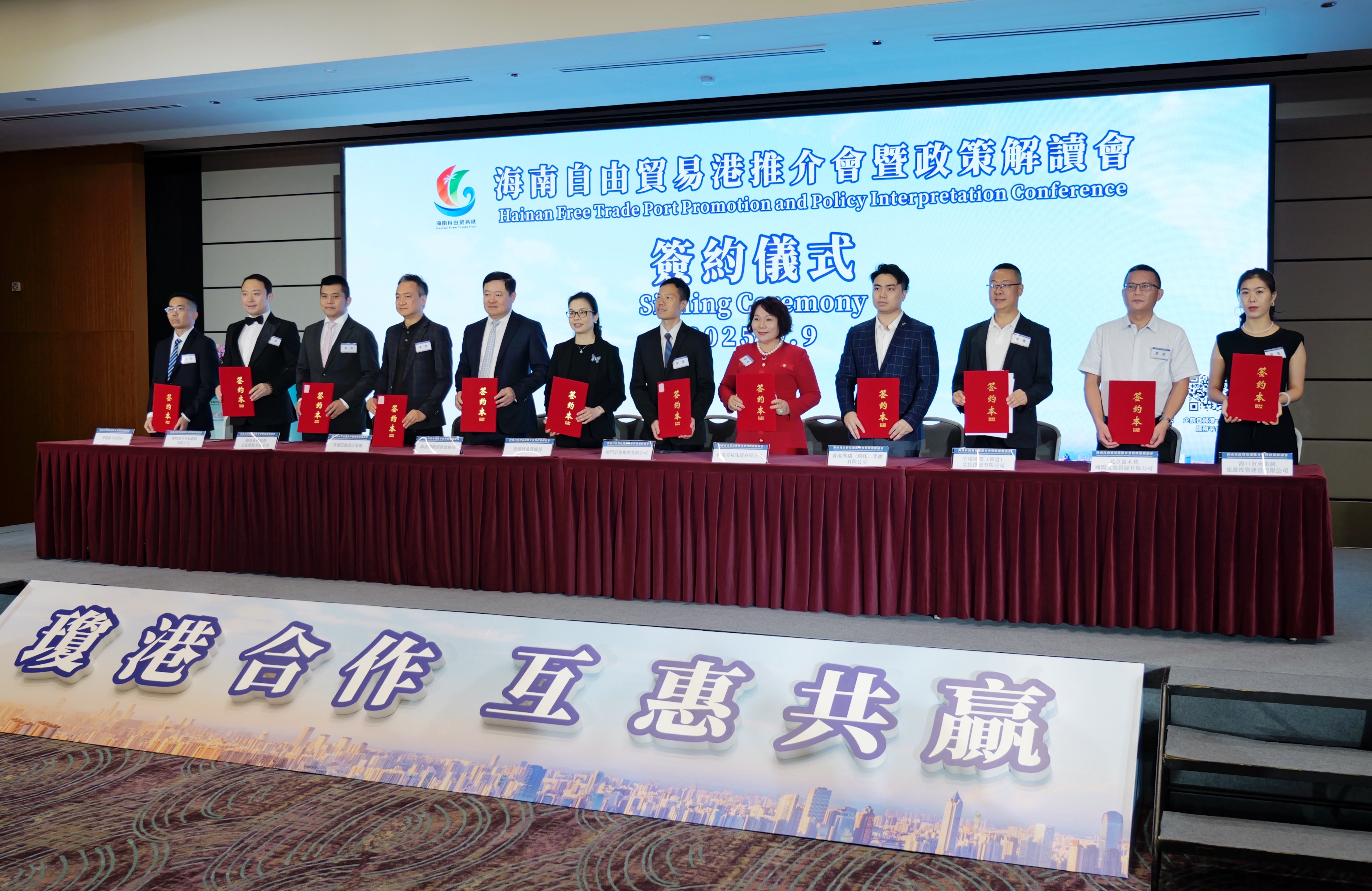Washington, D.C. – September 10, 2025
In a highly anticipated congressional hearing scheduled for next week, former U.S. Centers for Disease Control and Prevention (CDC) Director Susan Monarez will face lawmakers to address questions surrounding her abrupt dismissal and the agency’s performance during recent public health challenges. The hearing, set to take place before the House Oversight and Accountability Committee, marks a significant moment in the ongoing scrutiny of the CDC’s operations, leadership decisions, and its role in managing national health crises. Monarez’s testimony is expected to shed light on internal agency dynamics, policy decisions, and the circumstances leading to her controversial exit earlier this year.
Background: The CDC and Monarez’s Tenure
The CDC, headquartered in Atlanta, Georgia, is the nation’s premier public health agency, tasked with protecting public health through disease prevention, surveillance, and response to health emergencies. Over its decades-long history, the agency has played a pivotal role in addressing infectious diseases, from smallpox eradication to the HIV/AIDS epidemic, and more recently, the COVID-19 pandemic. However, the CDC has faced growing criticism in recent years for what some lawmakers and public health experts describe as bureaucratic inefficiencies, inconsistent messaging, and a perceived erosion of public trust.
Susan Monarez, a seasoned public health official with a background in epidemiology and global health policy, was appointed CDC Director in early 2023. Her appointment came at a time when the agency was navigating the aftermath of the COVID-19 pandemic, grappling with new infectious disease threats, and attempting to rebuild public confidence. Monarez, who held advanced degrees from prestigious institutions and had previously served in senior roles at the World Health Organization (WHO) and the Department of Health and Human Services (HHS), was seen as a steady hand to steer the agency through turbulent times.
During her tenure, Monarez oversaw several high-profile initiatives, including efforts to modernize the CDC’s data systems, strengthen partnerships with state and local health departments, and address emerging health threats such as antimicrobial resistance and zoonotic diseases. However, her leadership was not without controversy. Critics argued that the CDC under Monarez struggled to communicate effectively with the public, particularly on issues like vaccine hesitancy and the management of seasonal influenza outbreaks. Additionally, internal reports surfaced alleging tensions between Monarez and other senior officials within the HHS, raising questions about her ability to navigate the complex political landscape of federal health policy.
The Circumstances of Monarez’s Departure
Monarez’s dismissal in June 2025 sent shockwaves through the public health community. The White House announced her termination in a brief statement, citing “a need for new leadership to advance the administration’s public health priorities.” No specific reasons for her firing were provided, fueling speculation and criticism from both sides of the political spectrum. Some Republican lawmakers hailed the decision, arguing that Monarez’s leadership had been ineffective in addressing pressing health challenges. Meanwhile, Democratic leaders and public health advocates decried the move as politically motivated, suggesting that Monarez was scapegoated for systemic issues within the agency.
The lack of transparency surrounding Monarez’s exit has been a focal point of contention. Sources familiar with the matter, speaking on condition of anonymity, have suggested that her dismissal may have been linked to disagreements with administration officials over the CDC’s response to a recent outbreak of a novel respiratory virus, dubbed “Virus X” by researchers. The outbreak, which emerged in late 2024, strained public health systems across several states and sparked heated debates over mask mandates, vaccination campaigns, and travel restrictions. Monarez’s critics accused her of being overly cautious in her recommendations, while supporters argued that her science-based approach was unfairly politicized.
In the months following her departure, Monarez has remained largely silent, declining media interviews and limiting her public appearances. Her upcoming testimony before Congress is expected to be her first major public statement since leaving the CDC, and it is likely to draw intense scrutiny from lawmakers, the media, and the public.
The Congressional Hearing: What to Expect
The House Oversight and Accountability Committee, chaired by Rep. James Comer (R-KY), has scheduled Monarez’s testimony for September 18, 2025. The hearing, titled “Examining the CDC’s Role in Public Health: Leadership, Accountability, and Reform,” aims to investigate the agency’s performance under Monarez’s leadership and identify areas for improvement. Committee members are expected to question Monarez on a range of topics, including her handling of recent health crises, her interactions with the Biden administration, and the internal challenges facing the CDC.
According to a committee spokesperson, the hearing will focus on several key issues:
Response to Virus X Outbreak: Lawmakers are likely to press Monarez on the CDC’s response to the Virus X outbreak, which infected over 10,000 Americans and led to hundreds of hospitalizations. Critics have argued that the agency was slow to issue guidance on testing and containment measures, allowing the virus to spread in several communities. Monarez’s supporters, however, contend that the CDC faced significant logistical challenges, including supply chain disruptions and limited federal funding.
Internal Agency Dynamics: Reports of internal discord at the CDC have raised questions about Monarez’s leadership style and her ability to unify the agency’s workforce. Some employees have anonymously claimed that Monarez’s top-down approach alienated staff, while others have praised her efforts to streamline operations and prioritize data-driven decision-making.
Public Trust and Communication: The CDC’s credibility has been a recurring concern, particularly in the wake of the COVID-19 pandemic. Lawmakers may ask Monarez about the agency’s efforts to combat misinformation, engage with skeptical communities, and communicate complex scientific information to the public.
Circumstances of Her Dismissal: Perhaps the most contentious issue will be the reasons behind Monarez’s firing. Committee members, particularly Democrats, are expected to probe whether her dismissal was driven by political considerations rather than performance issues. Monarez’s testimony could provide critical insights into her relationship with the White House and the broader political pressures facing public health officials.
Broader Context: The CDC Under Scrutiny
The upcoming hearing is part of a broader wave of scrutiny directed at the CDC in recent years. The agency has faced criticism from both political parties for its handling of major public health challenges, including the opioid crisis, the rise of vaping-related illnesses, and the ongoing threat of emerging infectious diseases. During the COVID-19 pandemic, the CDC was criticized for its initial delays in developing diagnostic tests and its shifting guidance on masks and social distancing. These challenges have fueled calls for structural reforms, with some lawmakers advocating for a complete overhaul of the agency’s operations.
Public health experts have also pointed to systemic issues that extend beyond any single director’s tenure. The CDC’s budget, which has remained relatively flat in real terms over the past decade, has limited its ability to invest in cutting-edge technologies and hire top talent. Additionally, the agency’s reliance on state and local health departments, which vary widely in their capacity and resources, has complicated efforts to coordinate national responses to health crises.
Monarez’s testimony comes at a time when public trust in health institutions remains fragile. A 2024 Pew Research Center survey found that only 52% of Americans expressed confidence in the CDC’s ability to manage public health threats, down from 68% in 2019. The politicization of public health measures, such as mask mandates and vaccine requirements, has further eroded trust, particularly among conservative-leaning communities. Lawmakers are likely to ask Monarez how the CDC sought to address these challenges and whether her leadership contributed to or alleviated the agency’s struggles.
Monarez’s Legacy and the Path Forward
As Monarez prepares to testify, her legacy as CDC Director remains a subject of debate. Supporters argue that she inherited an agency in crisis and made significant strides in modernizing its infrastructure and strengthening its global partnerships. Her efforts to improve the CDC’s data-sharing capabilities, for example, have been credited with enabling faster detection of emerging health threats. Additionally, Monarez’s focus on health equity—particularly her initiatives to address disparities in access to vaccines and medical care—has been praised by advocacy groups.
Critics, however, contend that Monarez’s tenure was marked by missed opportunities and a failure to adapt to the rapidly changing landscape of public health. Some point to the CDC’s slow response to the Virus X outbreak as evidence of bureaucratic inertia, while others argue that Monarez’s reluctance to engage with political leaders undermined the agency’s influence.
Looking ahead, the hearing is likely to have significant implications for the CDC and its future leadership. The agency’s current acting director, Dr. Robert Kessler, has emphasized a commitment to transparency and collaboration, but questions remain about how the CDC can regain public trust and navigate an increasingly polarized political environment. Lawmakers are also expected to discuss potential reforms, including proposals to grant the CDC greater autonomy from political oversight and increase its funding for research and preparedness.
Political and Social Implications
Monarez’s testimony is set to take place against the backdrop of a contentious political climate. With the 2026 midterm elections approaching, both parties are eager to position themselves as champions of public health while deflecting blame for past failures. Republicans may use the hearing to criticize the Biden administration’s handling of public health policy, while Democrats are likely to focus on the need for systemic reforms and increased investment in health infrastructure.
The hearing also has broader implications for the public health community. At a time when trust in science and institutions is under strain, Monarez’s testimony could either bolster confidence in the CDC’s mission or further erode its credibility. Public health experts are closely watching the proceedings, as the outcome may shape the agency’s priorities and leadership for years to come.
Conclusion
As Susan Monarez prepares to face Congress, the stakes could not be higher. Her testimony offers a rare opportunity to gain insight into the inner workings of the CDC, the challenges of leading a major public health agency, and the complex interplay between science and politics. For lawmakers, the hearing is a chance to hold the CDC accountable and chart a path forward for an agency at a crossroads. For the public, it is a moment to reflect on the importance of robust, transparent, and effective public health leadership in an era of unprecedented challenges.
Whether Monarez’s testimony will provide clarity or deepen the controversy surrounding her tenure remains to be seen. What is certain is that the hearing will be a pivotal moment in the ongoing debate over the future of public health in America. As the nation grapples with new and evolving health threats, the lessons learned from Monarez’s time at the CDC—and the questions raised during her testimony—will likely resonate far beyond the walls of the Capitol.







